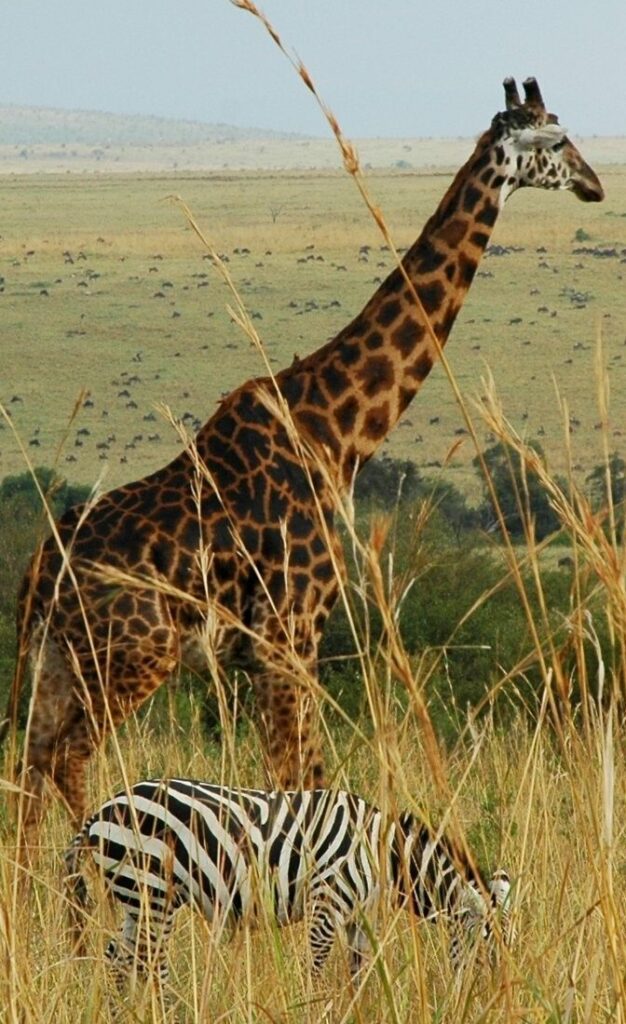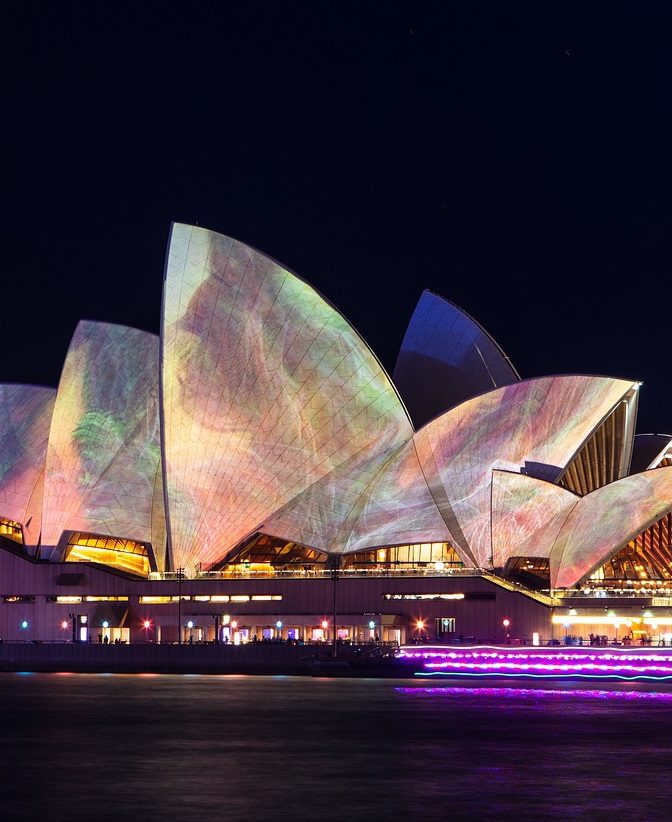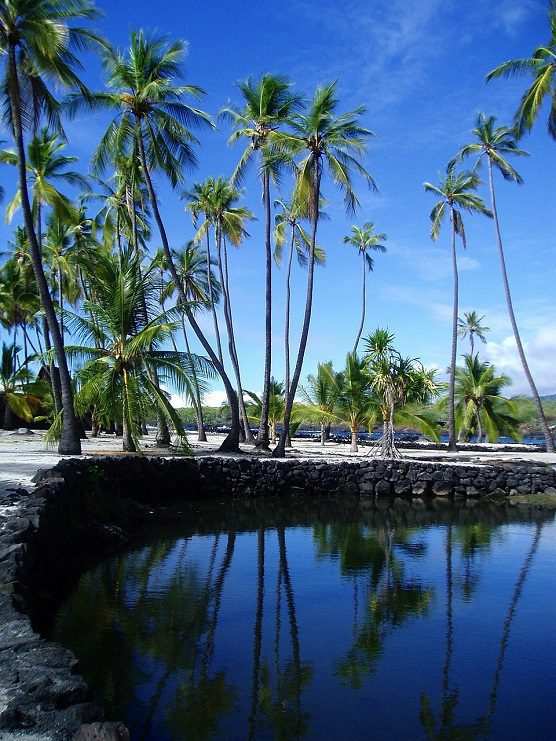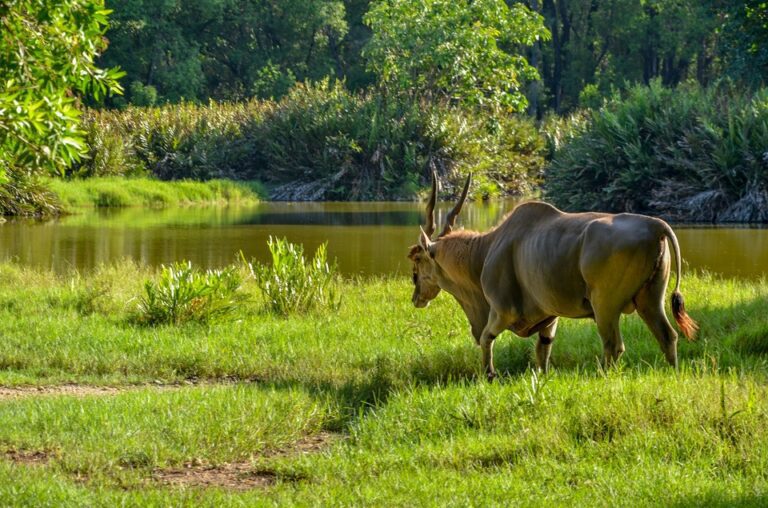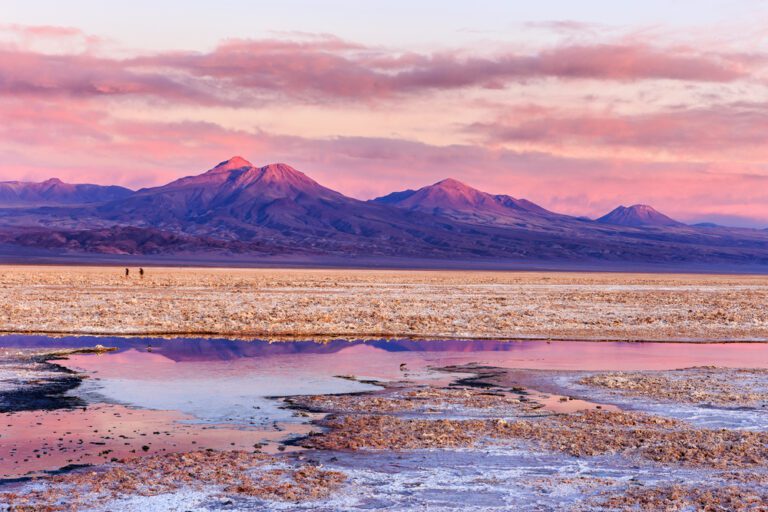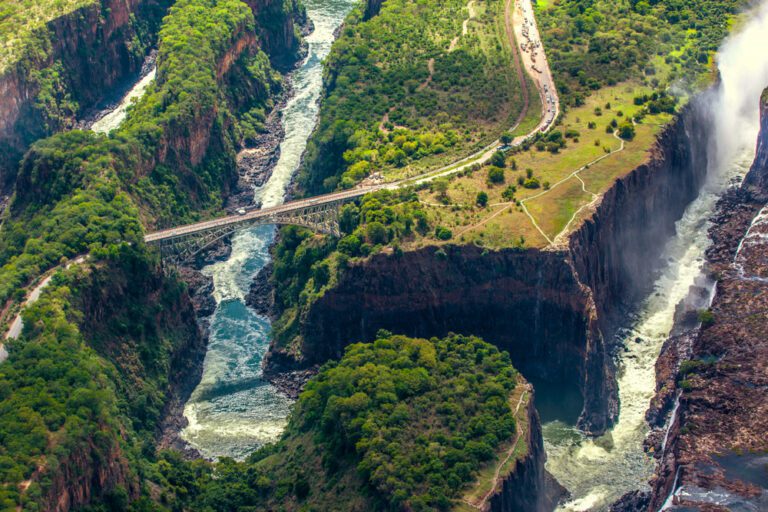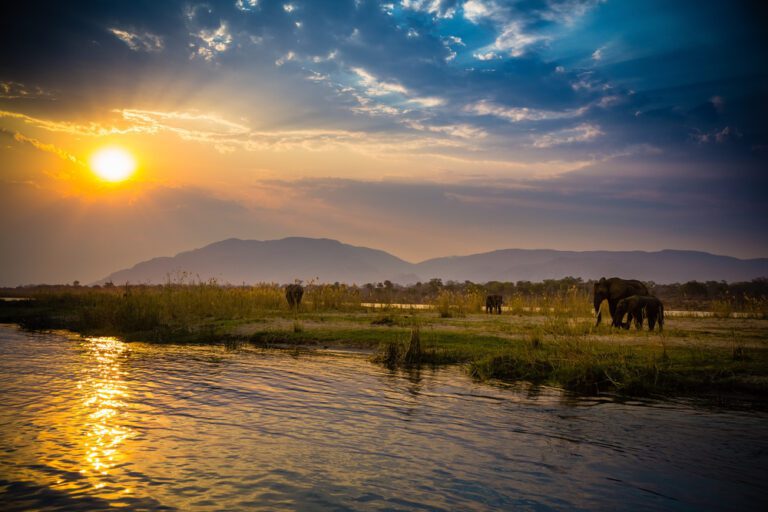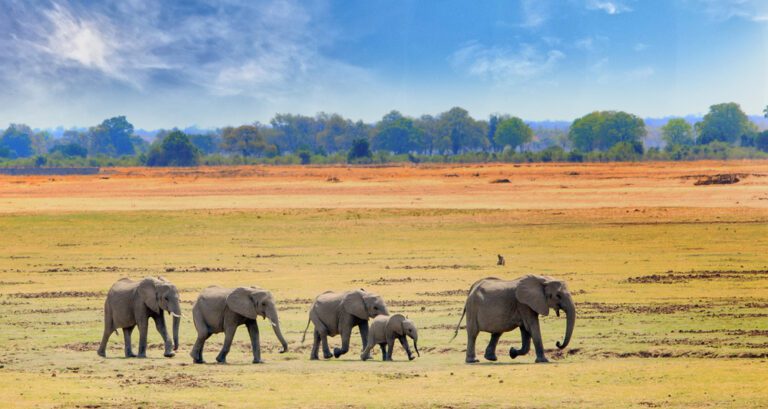Even though she’s never watched Shark Week, marine conservationist Jessica Cramp cares a lot about the enigmatic, misunderstood predators. Based in the Cook Islands archipelago in the South Pacific, this National Geographic explorer helped create one of the world’s largest shark sanctuaries, fights illegal fishing, and tries to turn the tide of sharks’ Jaws-influenced reputation.
SHARKS GET A BAD RAP. WHY SHOULD WE CARE ABOUT SAVING THEM?
I don’t want to suggest that all species are harmless, because they aren’t, but that doesn’t mean they should be wiped out either. Sharks’ reproductive characteristics—late to mature, slow-growing, few offspring—make them especially vulnerable to exploitation and overfishing. The problem is that much of the public thinks “good riddance” if shark numbers decrease. What people don’t understand is that we need to be very cautious of the balance of our oceans.
WHAT WOULD SURPRISE PEOPLE MOST ABOUT SHARKS?
If you jump in the water with them under normal circumstances, meaning no fish in your wet suit, you aren’t necessarily going to be attacked. In the Galapagos, I jumped off a boat into a group often large silky sharks. They swam in slow, curious circles around me and then, uninterested, continued what they were doing before I got in. I wanted more interaction, but they were bored with me.
HOW CAN SOMEONE AID IN SHARK CONSERVATION?
If you like to eat fish, you can start by learning about whether or not that fish is threatened in the wild. Then you should inquire how your fish gets caught. What method of fishing was used—longliner, trawler, pole and line, a purse seine? What are the side effects of those methods? Does the restaurant make a point to buy sustainable fish? Are your fish-and-chips actually shark meat? It’s a good start to understanding the challenge.
